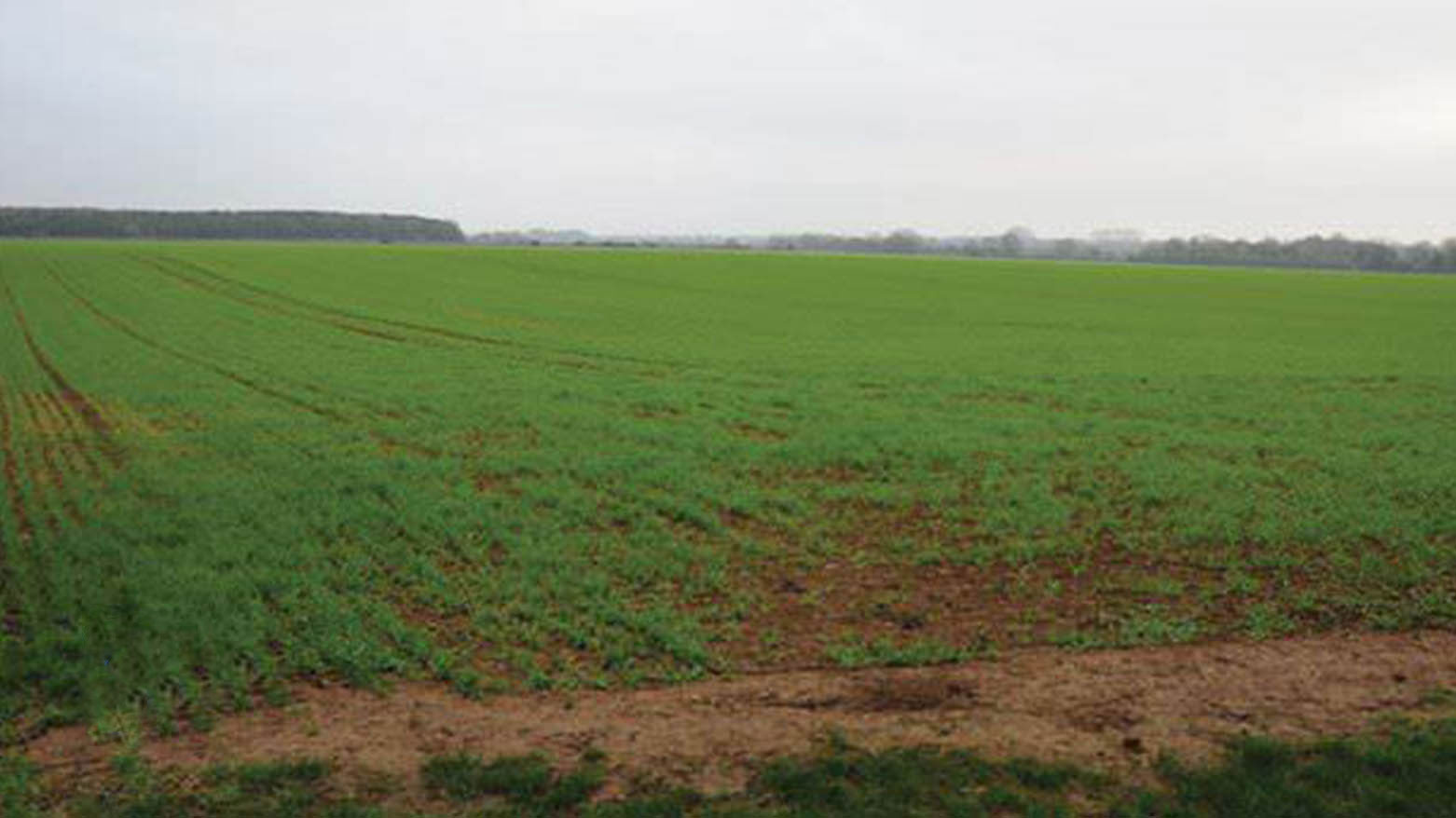Kurdish Farmers in Kirkuk Face Ongoing Military Pressure
Local farmers report that military units continue to prevent them from working on their land, particularly in areas where land disputes remain unresolved.

ERBIL (Kurdistan24) — While the Iraqi government has extended its wheat subsidy program to include more than 300,000 dunams of Kurdish and Turkmen farmland outside Kirkuk’s official agricultural plan, Kurdish farmers say the move falls short of addressing ongoing military harassment and land access violations.
Governor Rebwar Taha recently announced that all farmers in Kirkuk, regardless of their inclusion in the agricultural plan, are now eligible to sell wheat to the government at a subsidized rate of 850,000 Iraqi dinars per ton. While the decision brings economic relief, many Kurdish farmers say they are still being blocked from harvesting their crops due to interference from the Iraqi army.
“For us, this decision means little if we cannot reach our fields,” said Satih Naseeh, a Kurdish farmer in Kirkuk. “We have no authority. They have power in this city, and they have military forces.”
Local farmers report that military units continue to prevent them from working on their land, particularly in areas where land disputes remain unresolved. Kurdish residents claim they have faced threats, harassment, and, in some cases, forced displacement by resettled Arab populations backed by the military presence. Several farmers say they’ve been barred from sowing or harvesting, even after the subsidy announcement.
Human rights observers have previously documented similar incidents in disputed territories like Kirkuk, where control over land and governance has been contested since the fall of Saddam Hussein. Farmers and local leaders are calling for the full implementation of Article 140 of the Iraqi Constitution, which outlines a process for resolving territorial disputes through normalization, a census, and a referendum.
“The wheat subsidy is welcome,” one local farmer noted, “but what we need more urgently is protection from military interference and the right to farm our own land in peace.”
As the harvest season progresses, the future of Kirkuk’s Kurdish farmers remains uncertain. While government policies are shifting toward greater inclusion, enforcement on the ground continues to reflect a deep political and security imbalance.
